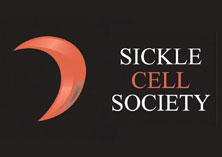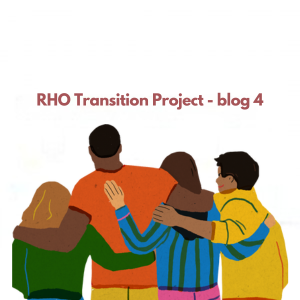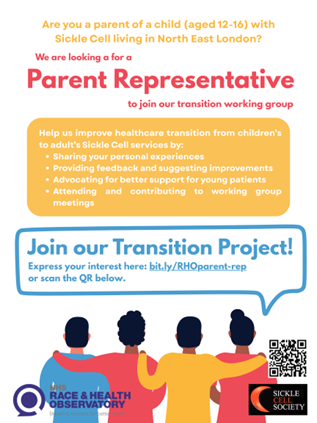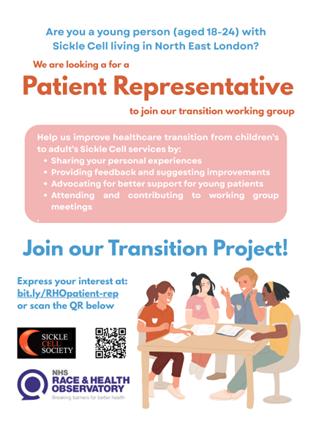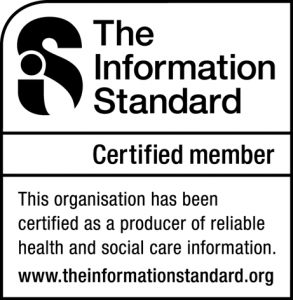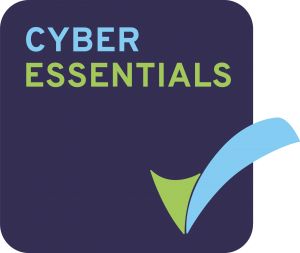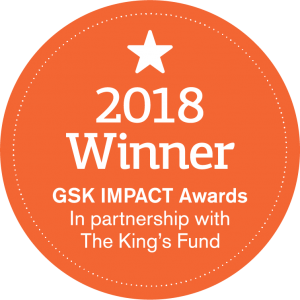RHO Transition project – Blog 4 workshops and events
RHO Blog 4: August
We held a second co-production event on Tuesday 26th August, in the model of our first. Young people aged 12-17, post-transition patients aged 18-24, and parents participated in focus groups around their current worries and concerns, and strategies to improve transition support and resources.
Young patients discussed feelings of isolation from peers or teachers not understanding the condition (e.g. why you’re so tired) and having to miss out on things (particularly sports). A common worry about transition was having to speak for themselves without parents and answering questions from doctors. Post-transition patients spoke about how hard it is to speak up to a HCP you don’t know well, not knowing what to ask, and being in a new, unfamiliar setting. There was lots of interest in short-form explanatory videos and website resources, to help patients make informed decisions.
We know that transition is a difficult time of change for parents too, and so it was important to understand their experiences as well. They expressed the need to know what to expect on adult wards, especially after scary first experiences that could put young people off coming back to hospital in future. Mental well-being, confidence-building, and sharing other parents’ experiences, were key focuses discussed.
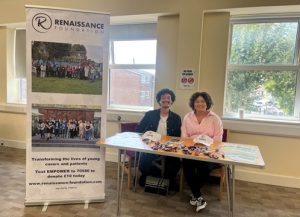
In the breaks, there were opportunities to speak to other charities and healthcare professionals. We were gratefully joined by Renaissance Foundation and Roald Dahl’s Marvellous Children’s Charity, both organisations which support young people with chronic conditions. The ‘red cell bingo’ activity compelled patients to talk to each charity and find out what they do; to ask questions about sickle cell to HCPs; and to test their learning by explaining things themselves. Young people even got the chance to look at sickled red blood cells and thalassemia under a microscope!
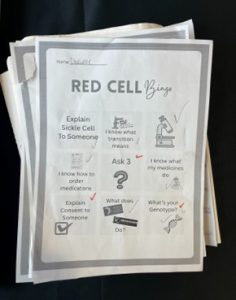
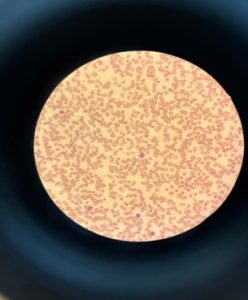
The findings from this event will feed into our report – identifying key gaps in transition care and what patients need – as well as forming a basis for further work on co-creating resources with patients, developing a psychological needs assessment, and highlighting topics that could be included in our transition workshop programme (e.g. our next workshop will include advice on DSAs and EHCPs – information patients often find missing from schools).
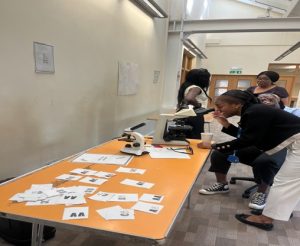
We welcome more patients to sign-up here: https://bit.ly/RHOpatient-rep More to come next month!
